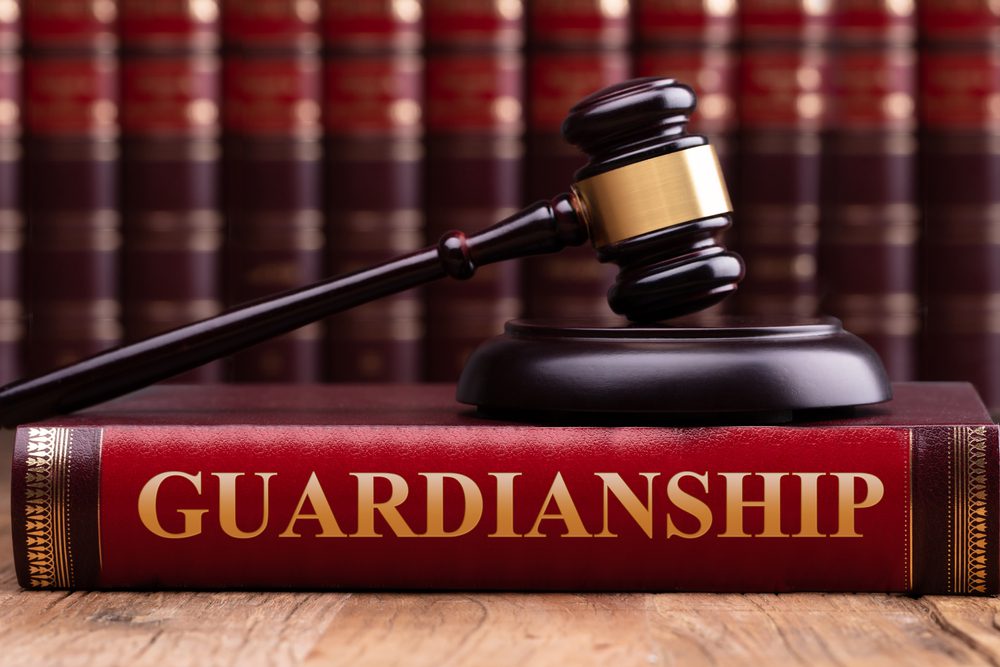Recently, the Superior Court of Pennsylvania upheld a Philadelphia County Court of Common Pleas judge’s decision not to enforce an arbitration agreement in a nursing home contract that was signed by a resident’s wife without his knowledge. Despite that decision, numerous courts in Pennsylvania and around the country have enforced compulsory arbitration clauses, which are often unknowingly signed by consumers, the elderly and others, which force people to give up their right to a jury trial.
Many politicians, both in Pennsylvania and on the national stage, continue to support forced arbitration, notwithstanding the fact that this practice ignores citizens’ constitutional right to a jury trial, which is outlined in the 7th Amendment to the United States’ Constitution, as well as Article 1, Section 6 of the Pennsylvania Constitution. Recently, President Trump directed the Center for Medicare / Medicaid Services (CMS) to change a rule which prevented nursing homes from inserting such clauses into their admission contracts.
In many circumstances, nursing home contracts are not carefully reviewed, and are hastily signed by the Power of Attorney for a family member or loved one who is being discharged from the hospital to a nursing or rehabilitation facility. Because of the urgency created by hospitals’ efforts to discharge patients, the time frame within which a POA or family member can carefully research the quality of care provided by the facility is compressed, and patients are discharged to the nearest facility that has space available.
This often results in family members being placed in nursing / rehab facilities with a poor track record for providing care. Many times, these facilities have been sanctioned by the state, placed under the management of a third party administrator, or repeatedly sued for injuries and neglect suffered by residents. Not surprisingly, such facilities often do not want the light of day shined on their business practices or the substandard care they provide, so they place arbitration clauses in their admission agreements. These clauses take the case out of the civil justice system and often allow the case to be decided by an arbitrator chosen by the facility. The results of the arbitration are confidential and, more often than not, much smaller than a verdict that would be entered by a jury tasked with enforcing safety standards in the community.
So how can you avoid unknowingly agreeing to a forced arbitration clause? First, if you’re signing a rehabilitation or nursing home agreement yourself, be sure to read it carefully and, if it contains an arbitration clause, cross the clause out or opt out of it. Second, when the time comes for you to sign a Power of Attorney appointing an agent to act on your behalf, be sure that the document contains a paragraph outlining “prohibited powers”. Whenever our office prepares a Power of Attorney, we advise our clients to include the following clause: “This Power of Attorney does not grant authority for my Agent to enter into an Alternative Dispute Resolution Agreement regarding any matter or for any purpose. In addition this Power of Attorney does not authorize my Agent to waive a trial by jury on my behalf.”
With such language in place, if your agent unwittingly signs an admission agreement containing an arbitration clause, and you are seriously injured on account of the facility’s neglect, it is highly likely that the arbitration clause will be invalidated by a court.
Believe it or not, facilities that are subject to public scrutiny in a court of law tend to be better staffed, and provide overall better care. When you think about it, why would anyone want to be a patient in a facility that is afraid of public scrutiny?








